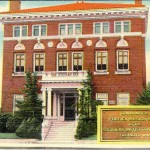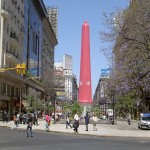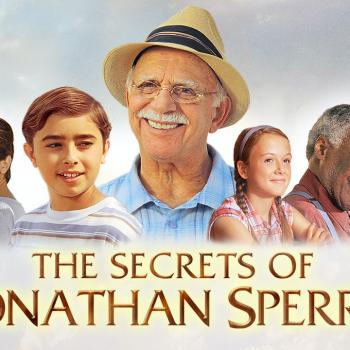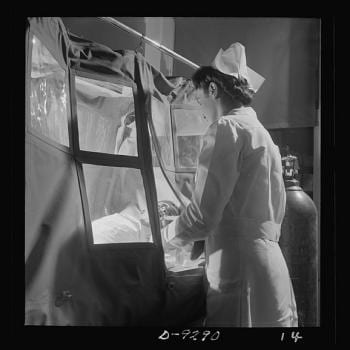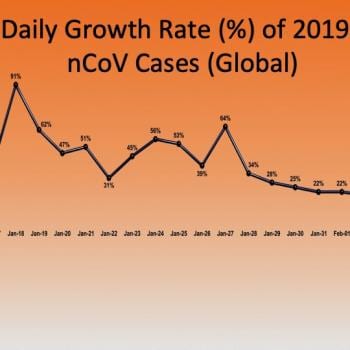I know what I am going to do. I am going to read James Wood’s marvelous essay about the death of his mother (who was a school teacher) and remind the audience that the way to make a real difference in life is not with the big but the ordinary occupations and callings. Not only did Mrs. Wood inspire and shape her son who writes for the New Yorker and teaches at Harvard, but also the poet, Katrina Porteous (the whole essay is well worth reading, but have a box of Kleenex hand):
A few months after the funeral, I got an e-mail from one of her former students, Katrina Porteous. I knew her name, because she is a poet, who has written eloquently about the North of England, in particular about the Northumberland coast, where she lives. She was one of my mother’s great success stories—Durham High School for Girls, a brilliant history degree at Cambridge University, a Harkness Fellowship to Berkeley and Harvard, and several acclaimed books of verse since the publication of her first collection, “The Lost Music,” in 1996. Mother had spoken of Katrina, and, a year before she died, had given me one of her books. But she was five years older than me, and we hadn’t known each other. We had learned of each other’s movements, literary and otherwise, intermittently and remotely, through my mother.
Katrina had not been in touch with my parents for a long time, and was writing to ask if my mother was in good health, “and whether it might be possible to contact her.” She went on, “I’d like to thank her for the encouragement and inspiration she gave me. She really was the most wonderful teacher. I’ve recently published a new poetry collection with Bloodaxe, and would love to send it to her. Would that be possible?”
It was strange to receive this message, so soon after my mother’s funeral, as if Katrina had some eerie premonition that all was not well, as if the long silence were speaking to her, laden with significance. It was strange, too, to be communicating as two middle-aged people. In my mind, my mother’s “old girls” were still girls, as I was still my mother’s boy. What linked us was lost in our far-off childhoods; and here we were, two graying adults talking across a waste of gain and loss. I wrote to her on Christmas Day, and told her that my mother had died in July. I added that I had been moved by the tributes my father had received from former Durham High School girls. Her e-mail, I told her, was one of the most moving: because she was a writer, and because of the accident of its timing.
Katrina replied four days later. She said she was especially touched to hear from me at Christmas, when she was at home with her own parents, now in their eighties, “in the house from which I travelled to Durham High School every day as a child. One is powerfully transported back to earlier times in those moments.” She continued, “Your mother was and will always remain a profound influence in my life. She gave me the confidence to believe in myself as a ‘writer’ at a precocious age, when I had no right to think of myself as such, but every opportunity to become one. (I am still trying.) Growing up in Consett, the only child of a scientist and a lovely but utterly unbookish mother, I encountered in yours the first ‘woman of letters’ I had met. She was also kind, sensitive, principled and spirited. I adored her. I am so sorry not to have taken the opportunity when I had it to tell her how much her example has meant to me.”
Had Katrina spoken this at my mother’s funeral, I would not have stayed so calm. She, as a pupil, said what I, as a son, could not.
You don’t need to be the president of the United States or win the triple crown in Major League Baseball for your life to matter.

